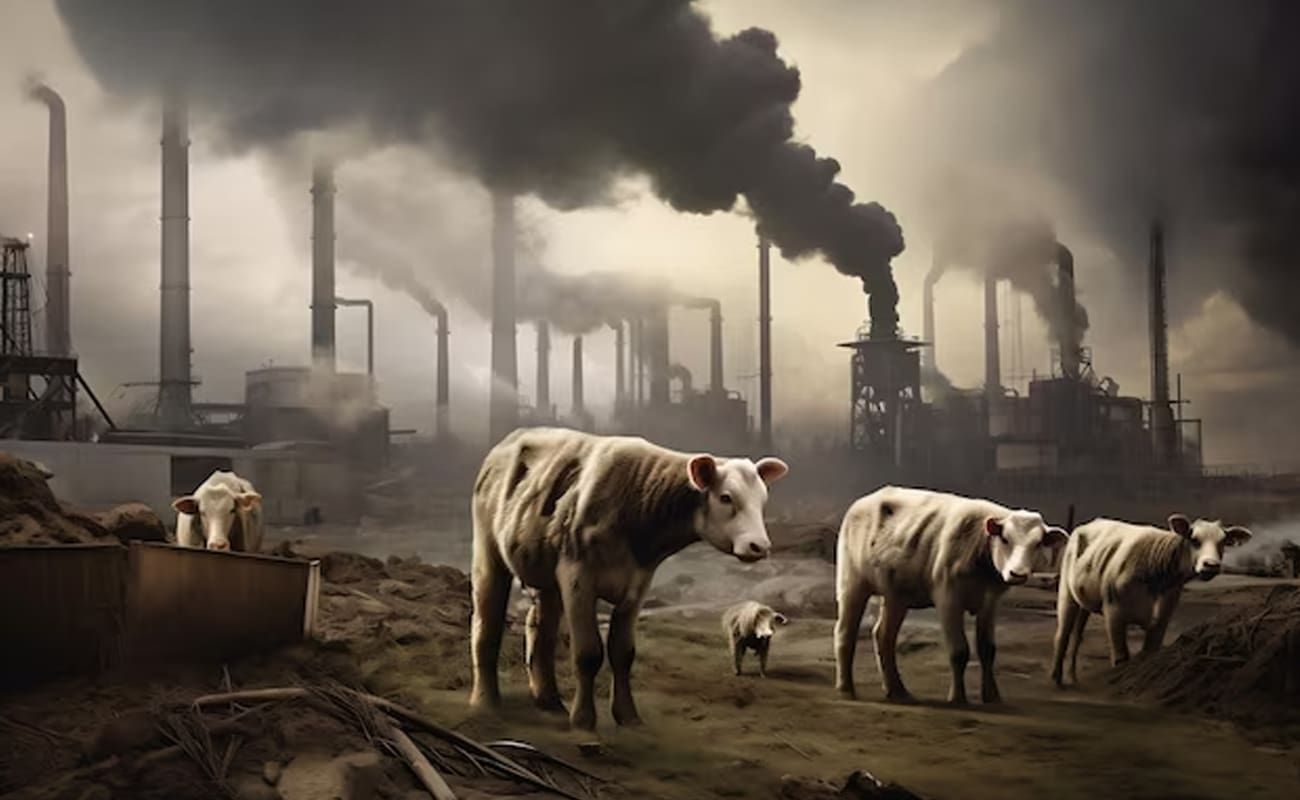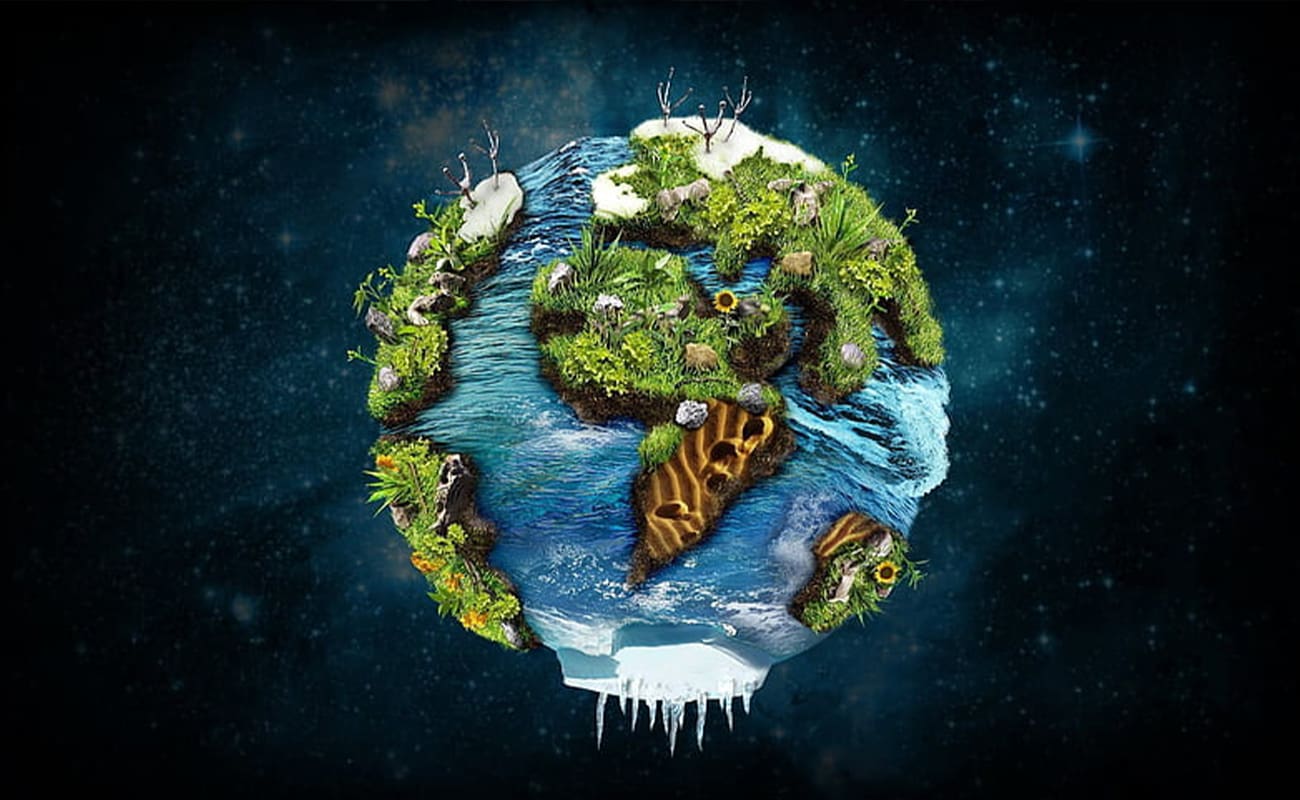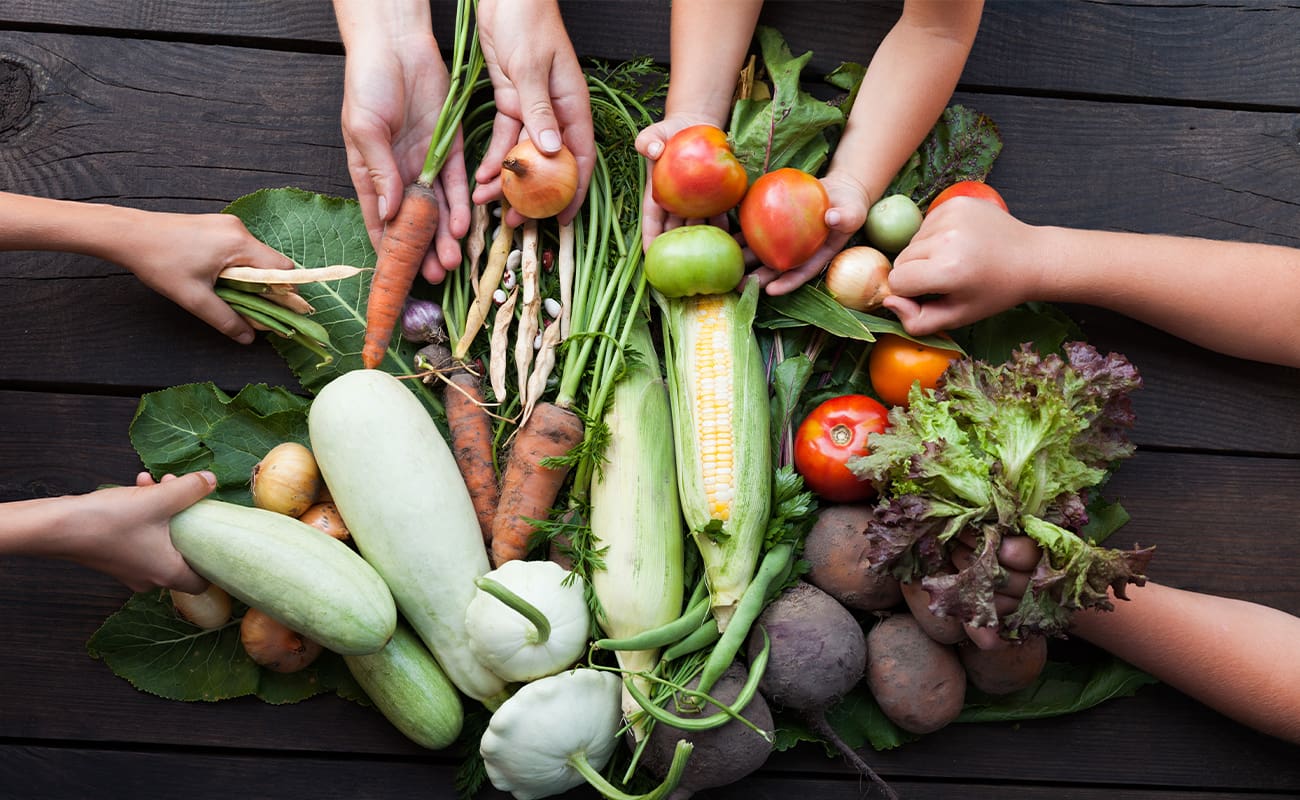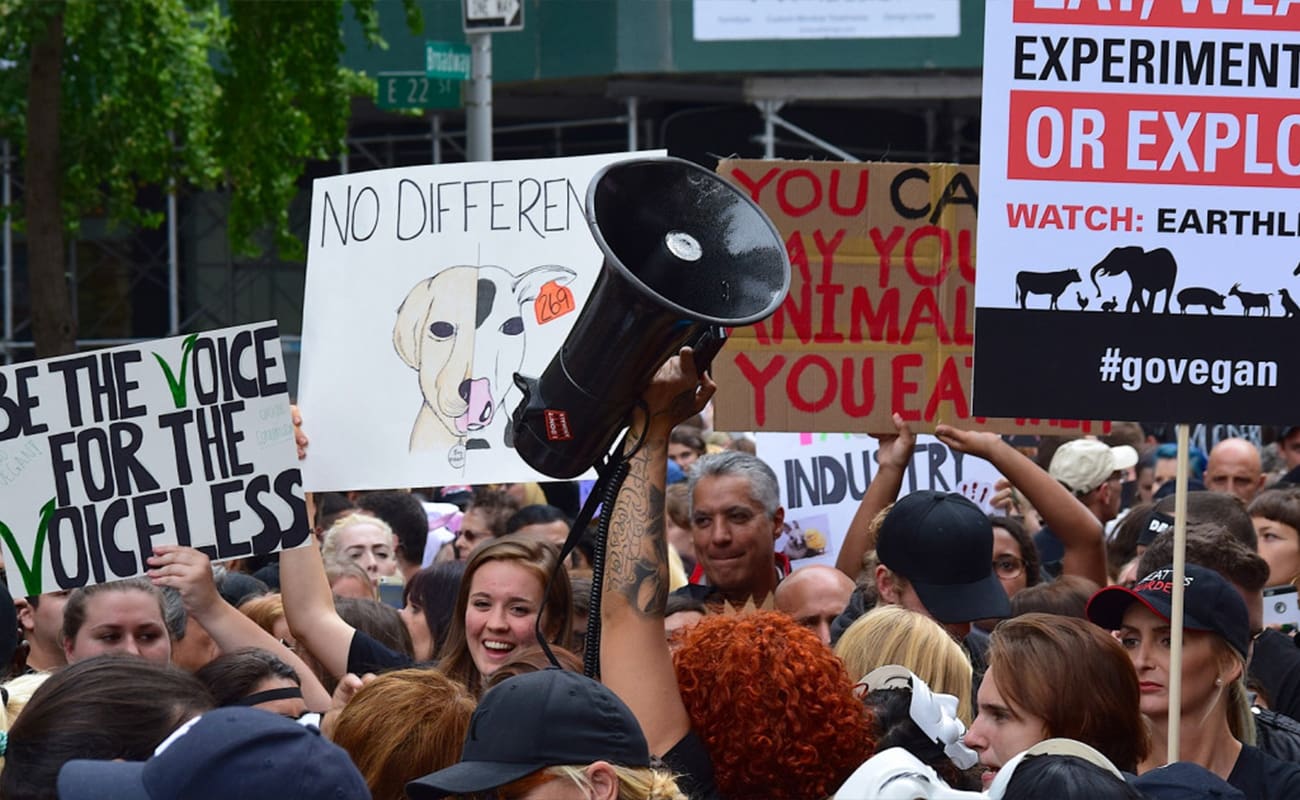Take Action is where awareness turns into empowerment. This category serves as a practical roadmap for individuals who want to align their values with their actions and become active participants in building a kinder, more sustainable world. From everyday lifestyle changes to large-scale advocacy efforts, it explores diverse pathways toward ethical living and systemic transformation.
Covering a wide range of topics—from sustainable eating and conscious consumerism to legal reform, public education, and grassroots mobilization—this category provides the tools and insights necessary for meaningful participation in the vegan movement. Whether you’re exploring plant-based diets, learning how to navigate myths and misconceptions, or seeking guidance on political engagement and policy reform, each subsection offers actionable knowledge tailored to various stages of transition and involvement.
More than a call to personal change, Take Action highlights the power of community organizing, civic advocacy, and collective voice in shaping a more compassionate and equitable world. It underscores that change is not only possible—it is already happening. Whether you’re a newcomer seeking simple steps or an experienced advocate pushing for reform, Take Action provides the resources, stories, and tools to inspire meaningful impact—proving that every choice counts and that together, we can create a more just and compassionate world.
In today's post, we will delve into the numerous benefits of choosing a vegan lifestyle, from improved heart health to better weight management. We will also tantalize your taste buds with delicious and nutritious vegan recipes, and discuss the ethical and environmental considerations of adopting a vegan diet. Additionally, we will examine the scientific evidence supporting the health benefits of veganism and provide tips for a successful transition. So whether you're a committed vegan or simply curious about the vegan lifestyle, this post is for you. Get ready to discover the power of empowered eating! Benefits of a Vegan Lifestyle Improved heart health and reduced risk of heart disease: Studies show that following a vegan diet can lower cholesterol levels, blood pressure, and reduce the risk of heart disease. Lowered risk of certain types of cancer: Research suggests that consuming a plant-based diet can decrease the risk of developing certain …


























































